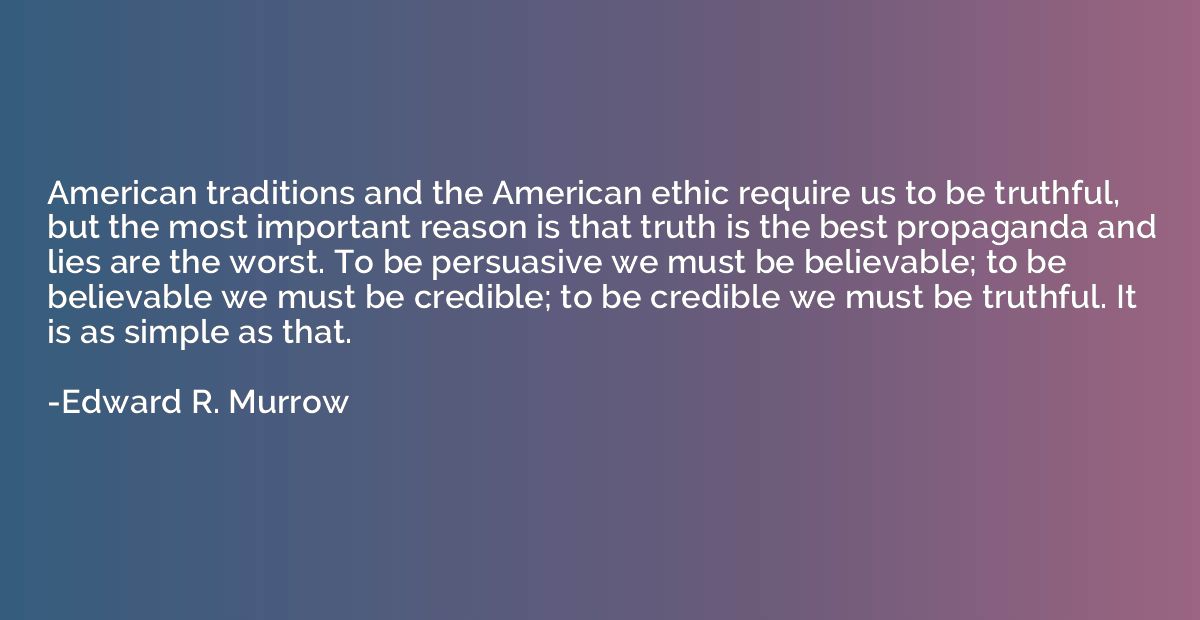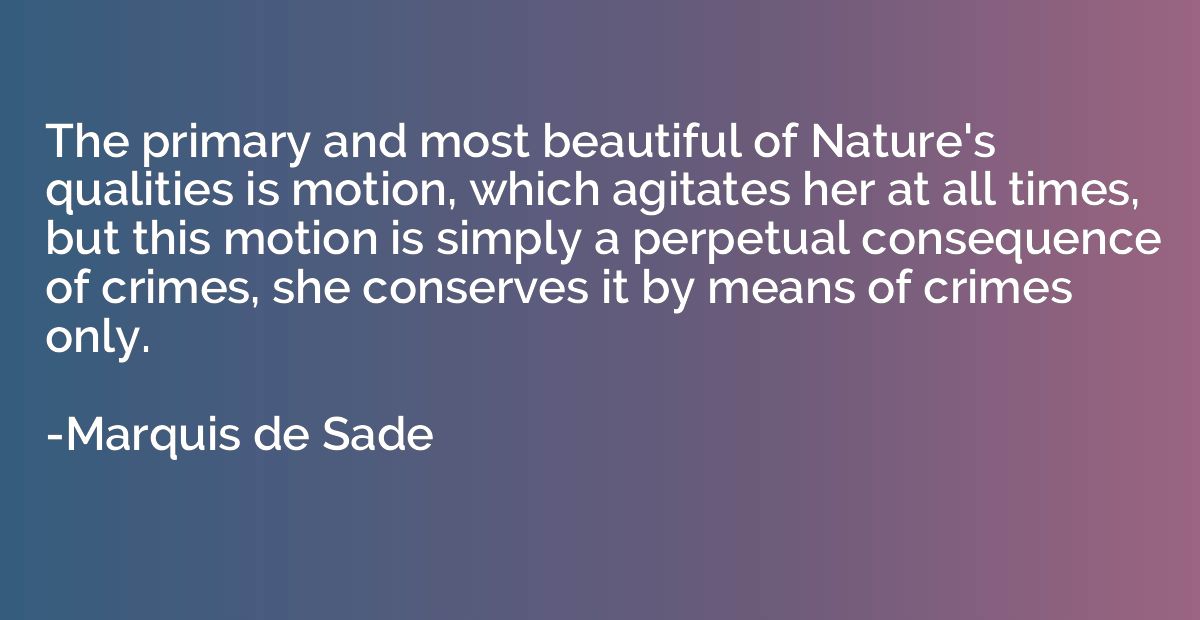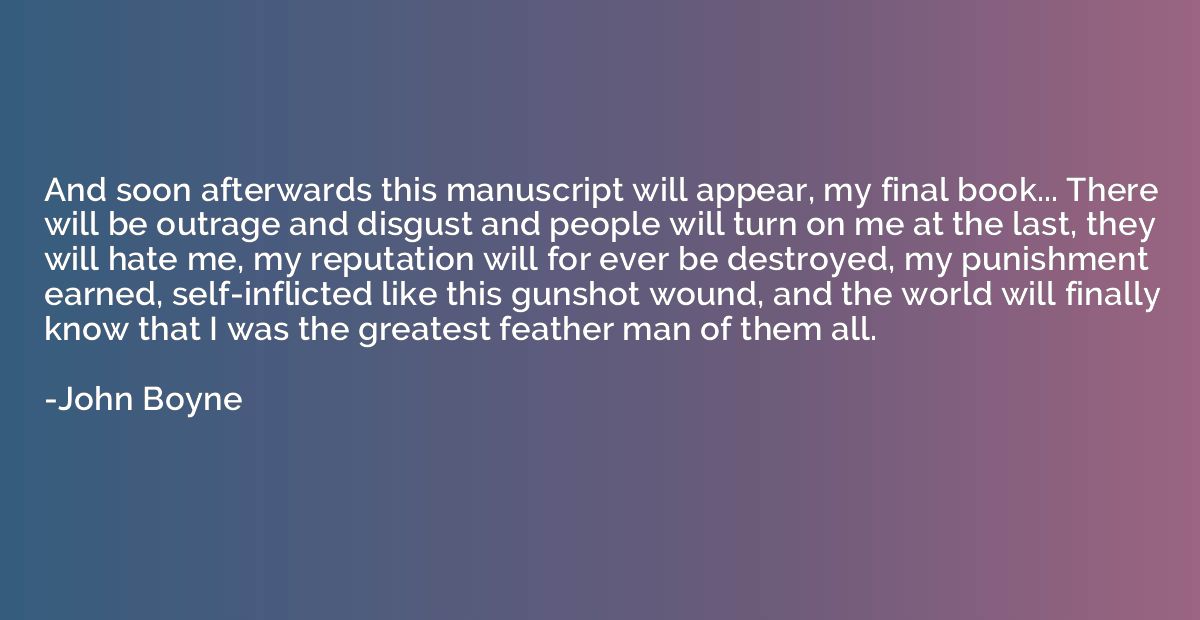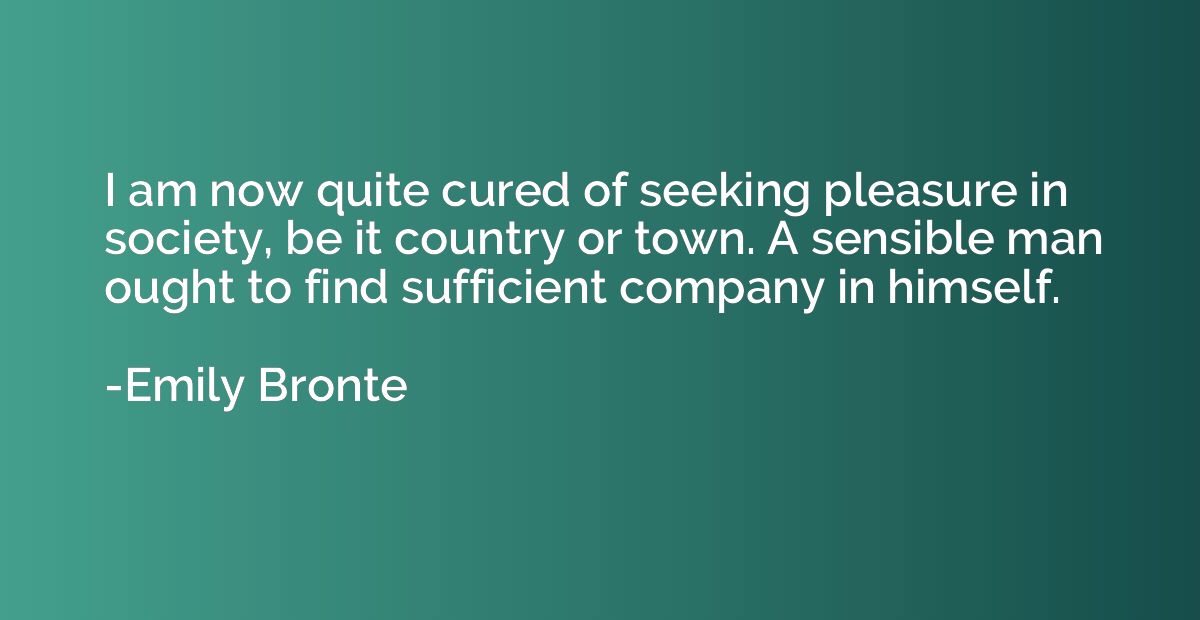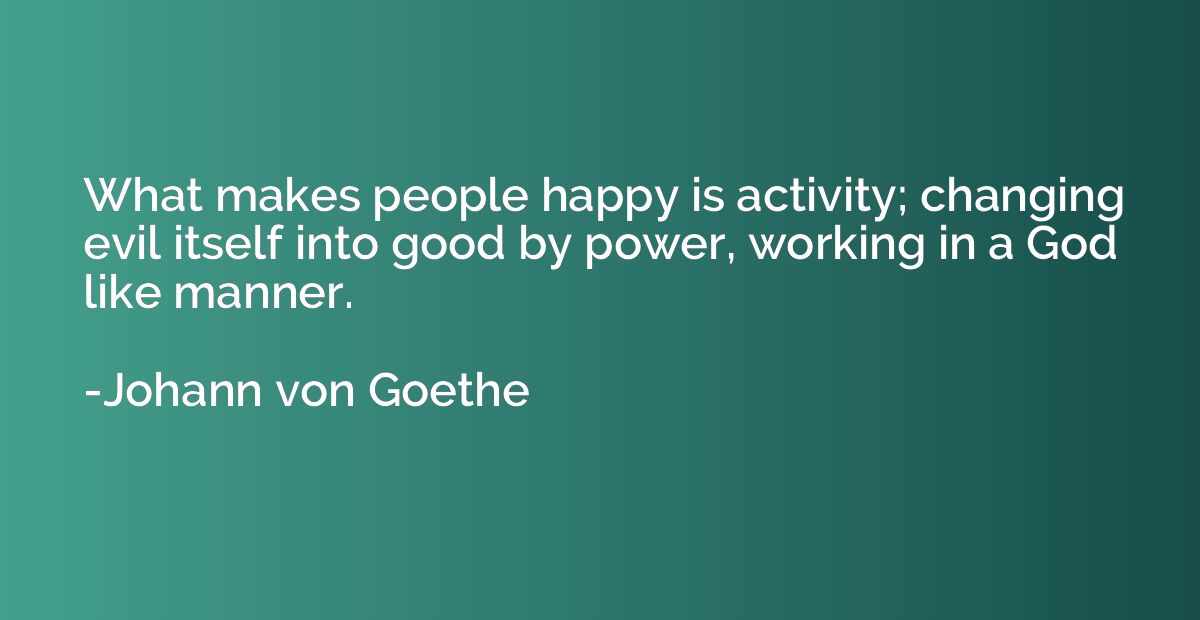Quote by Christopher Hitchens
One of the questions asked by al-Balkhi, and often repeated to this day, is this: Why do the children of Israel continue to suffer? My grandmother Dodo thought it was because the were jealous. The seder for Passover (which is a shame-faced simulacrum of a Hellenic question-and-answer session, even including the wine) tells the children that it's one of those things that happens to every Jewish generation. After the or or Holocaust, many rabbis tried to tell the survivors that the immolation had been a punishment for 'exile,' or for insufficient attention to the Covenant. This explanation was something of a flop with those whose parents or children had been the raw material for the 'proof,' so for a time the professional interpreters of god's will went decently quiet. This interval of ambivalence lasted until the war of 1967, when it was announced that the divine purpose could be discerned after all. How wrong, how foolish, to have announced its discovery prematurely! The exile and the Shoah could now both be understood, as part of a heavenly if somewhat roundabout scheme to recover the Western Wall in Jerusalem and other pieces of biblically mandated real estate.I regard it as a matter of self-respect to spit in public on rationalizations of this kind. (They are almost as repellent, in their combination of arrogance, masochism, and affected false modesty, as Edith Stein's 'offer' of her life to expiate the regrettable unbelief in Jesus of her former fellow Jews.) The sage Jews are those who have put religion behind them and become in so many societies the leaven of the secular and the atheist.
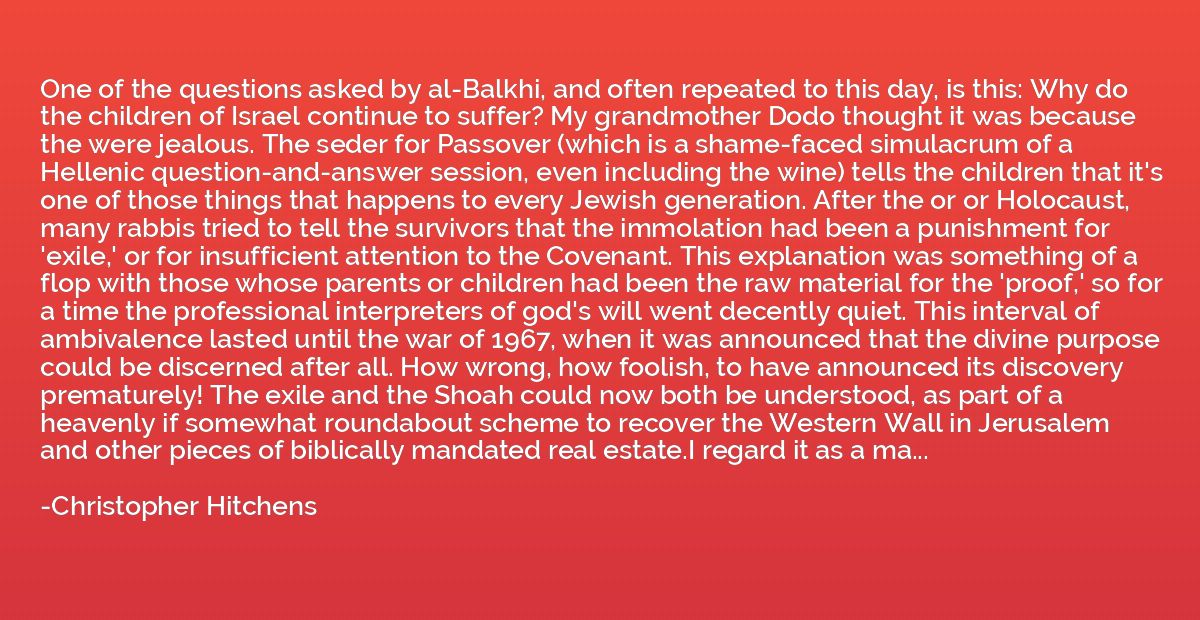
Summary
The quote expresses a strong rejection of religious justifications for the suffering experienced by the Jewish people throughout history. It questions the traditional explanations given by religious figures, such as punishment for not adhering to the Covenant or insufficient attention to God's will. The speaker argues that these explanations are flawed and lacking in self-respect. Instead, they advocate for embracing secularism and atheism, suggesting that Jews who have moved away from religious beliefs play a valuable role in shaping society. The quote also denounces the idea that suffering, including the Holocaust, could be part of a divine scheme to regain control of specific land.




